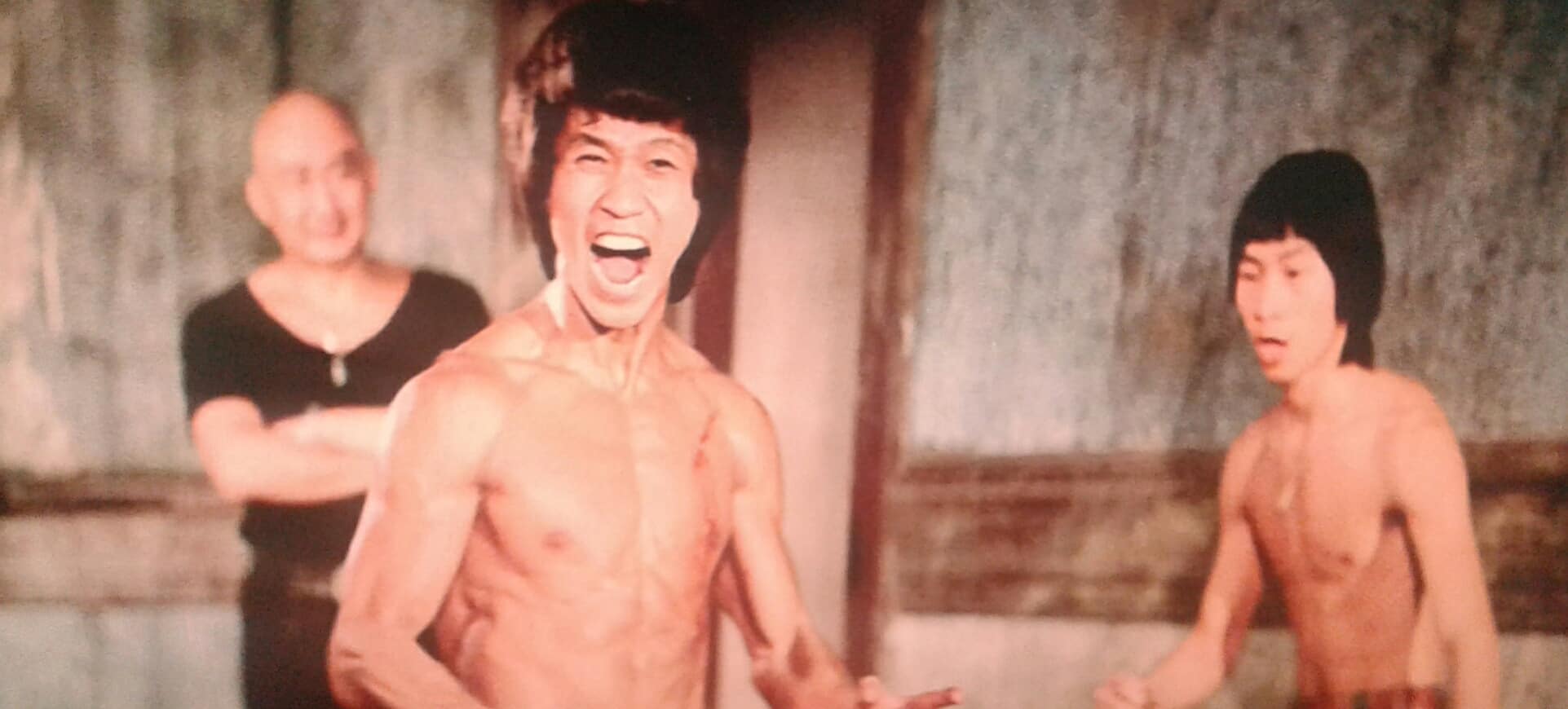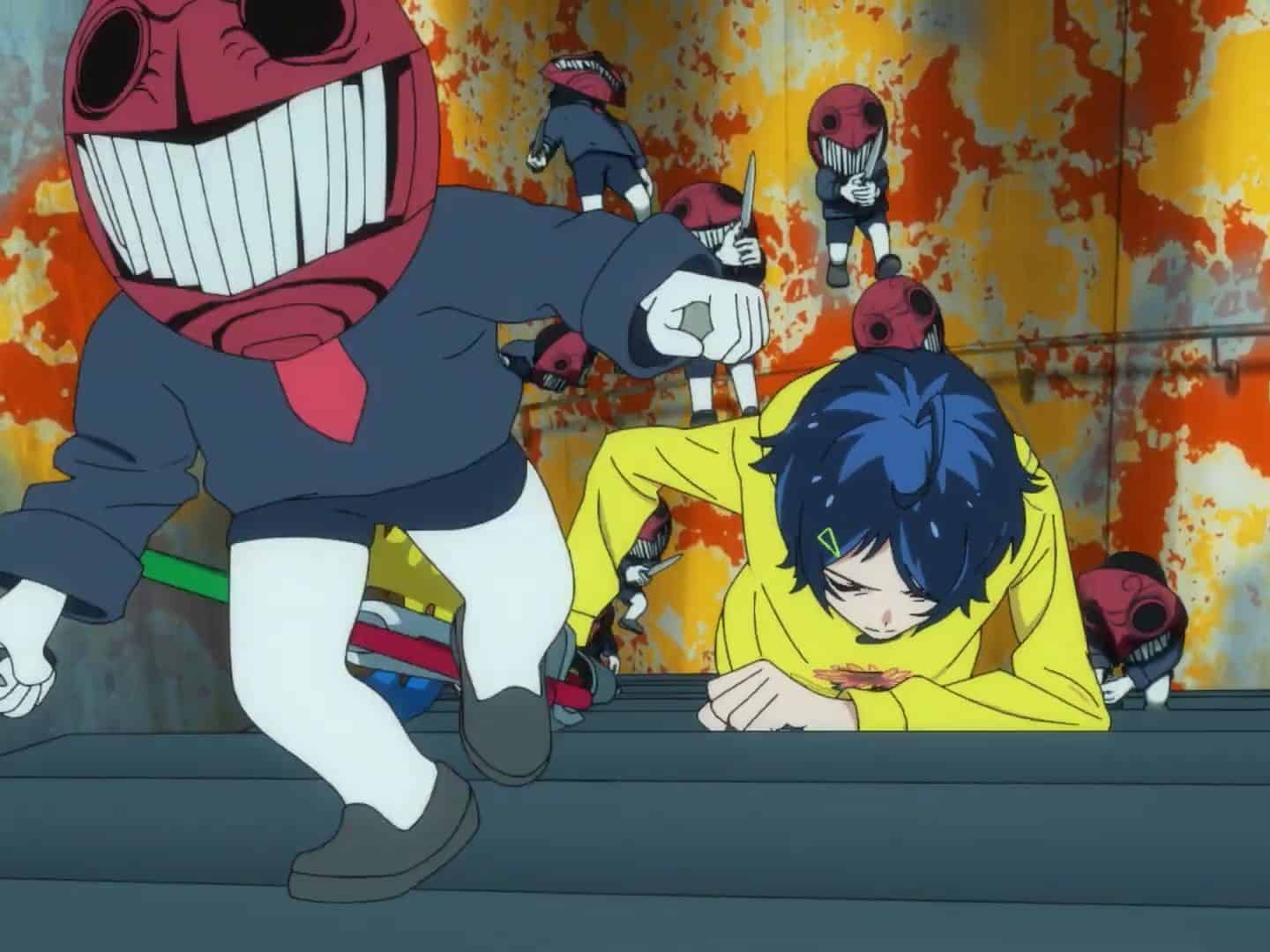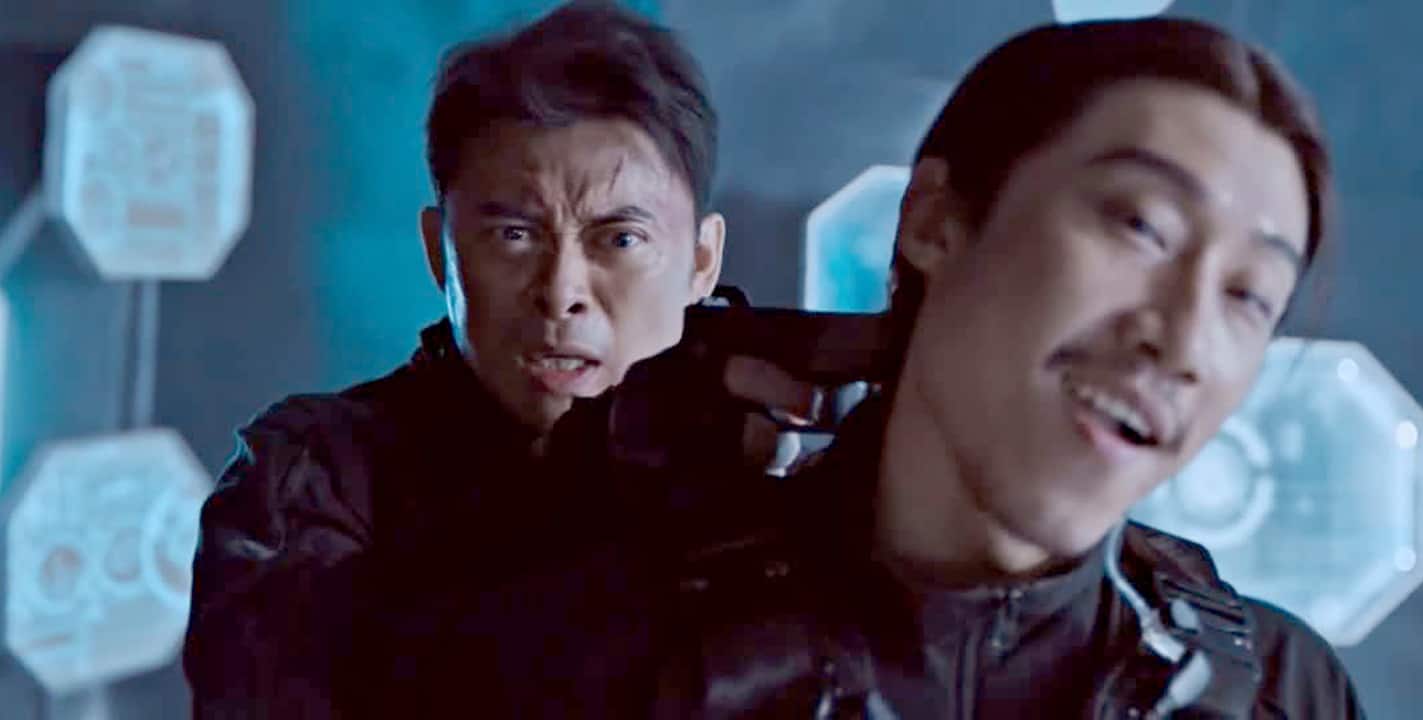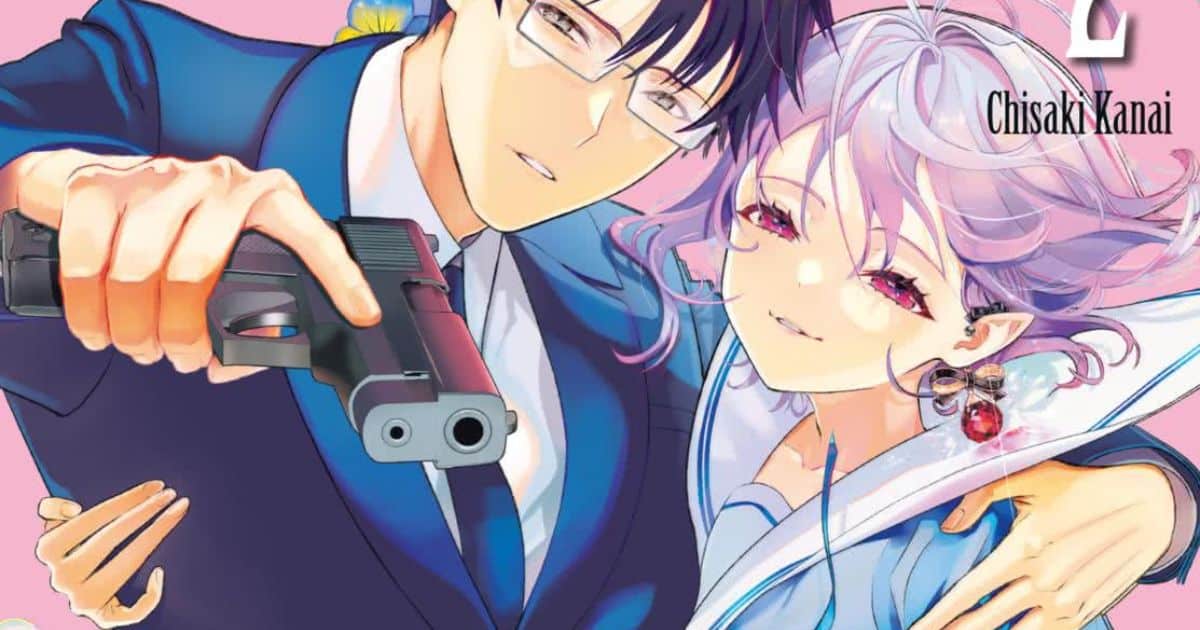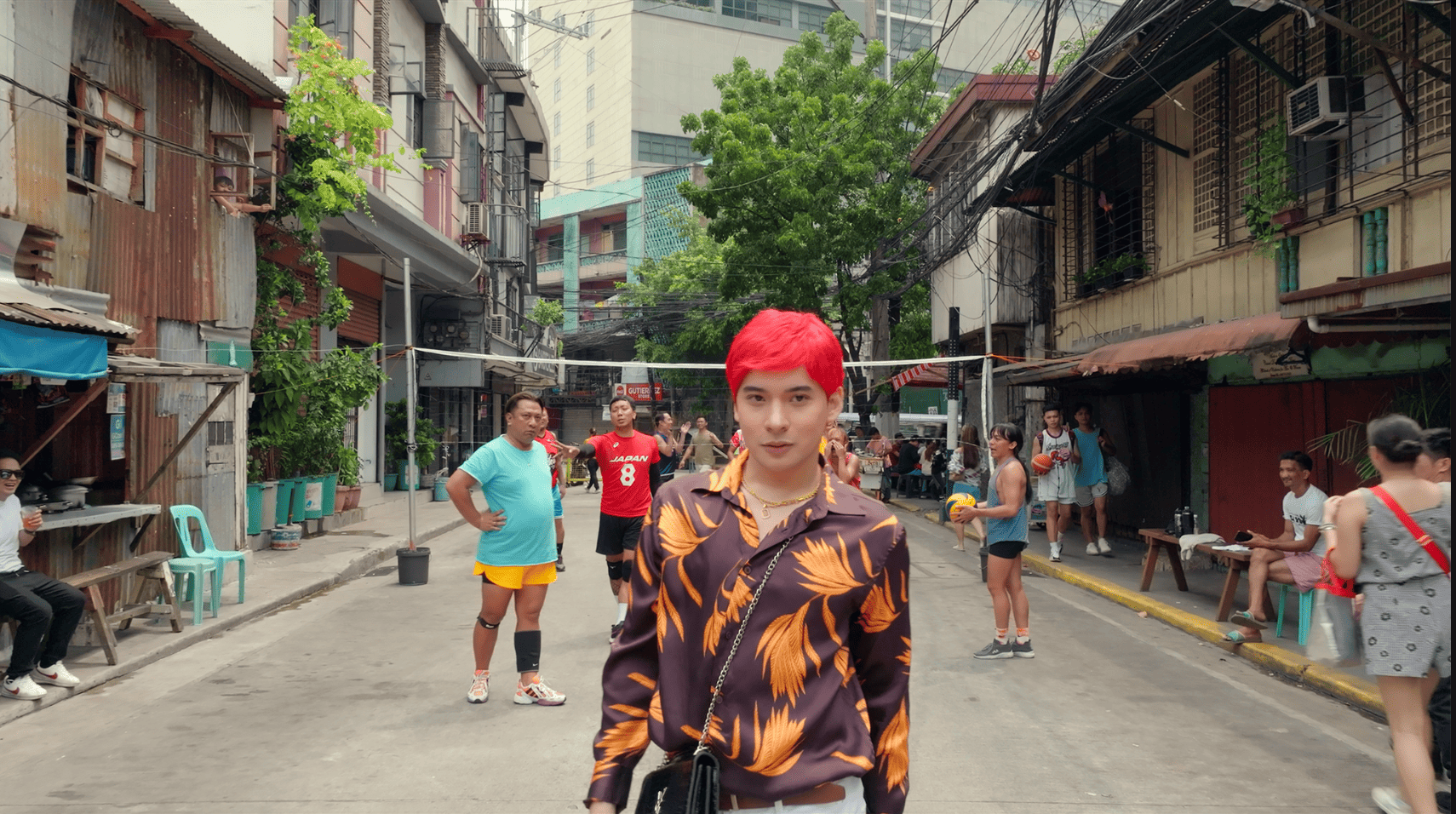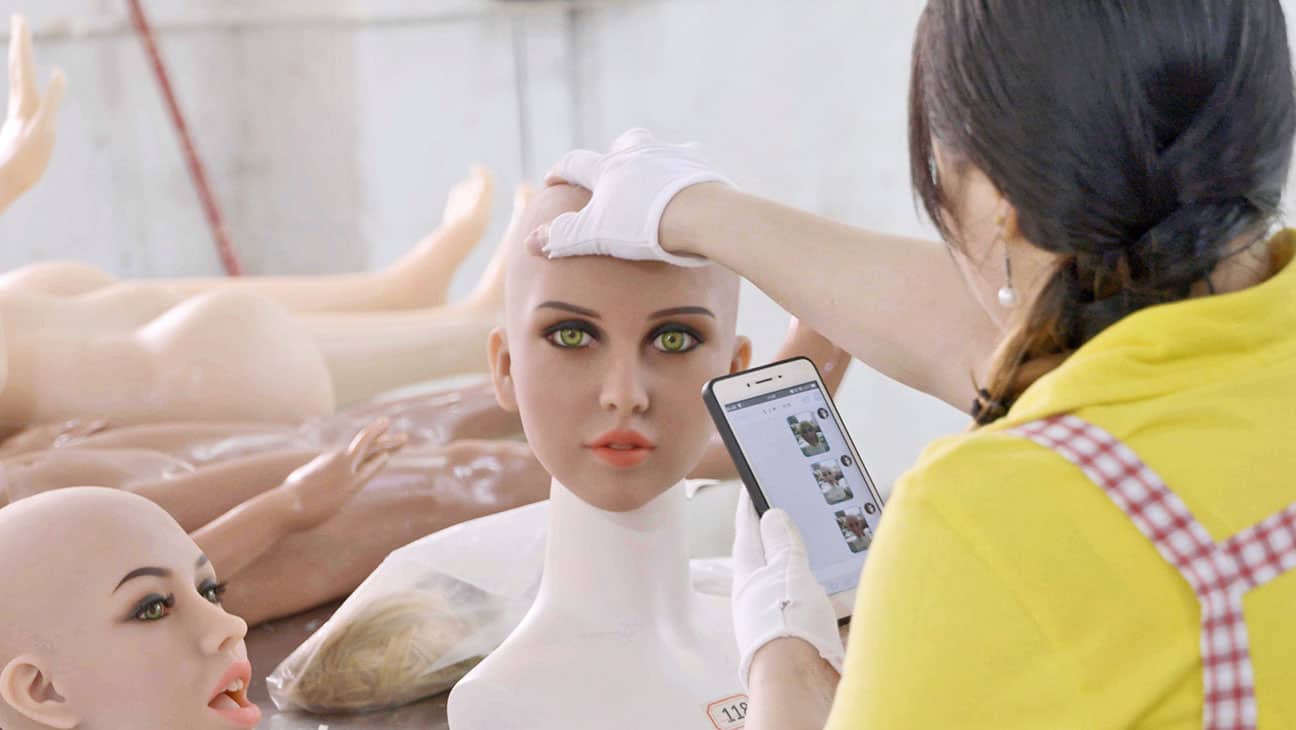Writer and director Naoko Ogigami's debut feature “Yoshino's Barber Shop” is a sweet and pungent coming of age tale that also delivers a punch against futile gatekeeping. Winner of the 2004 Pia Film Festival Scholarship Award, it has launched the career of one of the most original, quirky independent female directors of Japan and it is a taste of the offbeat style that characterises her works.
Yoshino's Barber Shop is screening at Japan Society
In the small idyllic town of Kaminoe, the titular Barber Shop stands proud as the symbolic (and practical) keeper of an ancient tradition. In fact, it is so ancient that nobody remembers how it all started. During the Mountain Day, the village honours the goddess of the mountain with a beautiful choir performance in the blossoming sakura season, and to keep at bay the goddess' proverbial jealousy, only boys can sing to her. Moreover, in an attempt to protect the children from the mischievous red-masked goblins called Tengu, the tradition dictates that all the boys of the town must sport an identical pudding-bowl haircut to bewilder and baffle the demons.
Auntie Yoshiko (Masako Motai, who will become a regular collaborator of Ogigami) is the last of a long hereditary line of barbers to keep the tradition alive and she is therefore the sole clipper of all the boys' manes. None of the boys ever questioned the tradition and Yoshino is a beloved public figure, strict and effective in keeping in check the neat appearance of the schoolboys' community, but also warm and snack-dispenser when the boys hung out at her shop after school. Her own son Keita (Ryo Yoneda) is one of them and her husband (Yoshiyuki Morishita) is – funnily enough – the only grownup in town with the infamous hairdo; on the other side, her young adult daughter can't wait to leave the nest.

But the apparent peace of the town is shaken one day by the arrival of a new boy from Tokyo, Yosuke (Noritsugu Ishida), who – heresy! – is sporting a cool centre-parted haircut with highlights. Greeted with stupor from the boys and enthusiasm from the girls, he is soon reminded of the Mountain Day rite and invited to pop by at the Barber Shop to have his share of tradition-preserving cut. He is also warned that his different hairdo will prevent him to integrate with the other boys, but he soon realises that the pile of porn magazines he stole from his dad can do more than a hairstyle in terms of male bonding. Yosuke is confident that nobody can touch his hair without his consensus, and he boasts to his new friends that “forcing everyone to have the same haircut is a violation of human rights”; his plan is to fake sickness for few days to avoid the haircut but he had underestimated Yoshiko's persistence and he will end up succumbing to her scissors. However, the seeds of rebellion are already sprouting in the other boys' well-coiffed heads.
Questioning the ideas of conformity and control in a community by means of a set of indisputable traditions, this charming comedy travels on two parallel tracks. On one hand it is a fresh and funny coming of age account of a gang of boys learning to think and act with their own head, not taking for granted what is given to them and striving for their individuality. It is the start of a necessary life-process that helps us eventually to abandon the nest and take our own path, and also a painful and inevitable stage for every mother that Yoshiko so well represents. On a deeper level, “Yoshino's Barber Shop” goes nagging the very core of the rigidity of traditions and customs as a way of keeping a community in a state of permanent submission, not allowing fresh ideas and creativity to question and challenge the status quo. It is a rather dangerous process and a strong concept, and Ogigami let this social commentary surface with its own energy, without pushing it but using her surreal comedy and the symbolism of her likable characters. As grandpa Mikawa (Senri Sakurai) suggests, let the traditions become myths and move on.
Masako Motai is, at the same time, the satirical and dramatic core of the film; her physicality has incredible deadpan comedy potentials and she is a perfect match for the character of Yoshiko, so stern and resolute in keeping up with traditions and customs. So busy she is in her mission that she knows nothing about her own daughter's troubles, and her own husband can't even dare telling her he's lost his job. But Motai makes her maternal struggle in losing the grip and control over her boys an easy one to empathise with, and she will eventually benefit of the quake the boys are causing. Around her, all the child actors are spontaneous and funny, very capably directed indeed.
There is an interesting use of music here too. The old, turn-of-the-century ballade “Ciribiribin” (Italian, but extremely popular abroad, performed in Japan by kayōkyoku star Kiyoko Otani) is played repeatedly in accordion and piano version with comedic results at times, but also creating the atmosphere of the silent film scores performed live during viewings, and creating a quirky out-of-time effect; we are in present days but the only existing time is the boys' moment of transition between childhood and adulthood. A couple of bouts of Italian opera arias also are ironic sonic counterpoints to the theatrical appearances of the village idiot (or maybe the more lucid of them all) with very funny and surreal outcomes.
The realistic and adequate cinematography leaves space to the core concept to unfold and allows the occasional nature shots to shine. The glorious opening seen of the Mountain Day choir is iconic in its quiet absurdity of a Shinto ritual, performed by boys in full altar-server gear and Yoshino haircut, singing Hallelujah like in a Christian liturgy. It is possibly the best ridicule of the whole nonsensical tradition.
“Yoshino's Barber Shop” is a social critique in an amusing disguise; a great start of career for director Ogigami and an assertive anticipation of the distinctive irony and wit of her following works.



